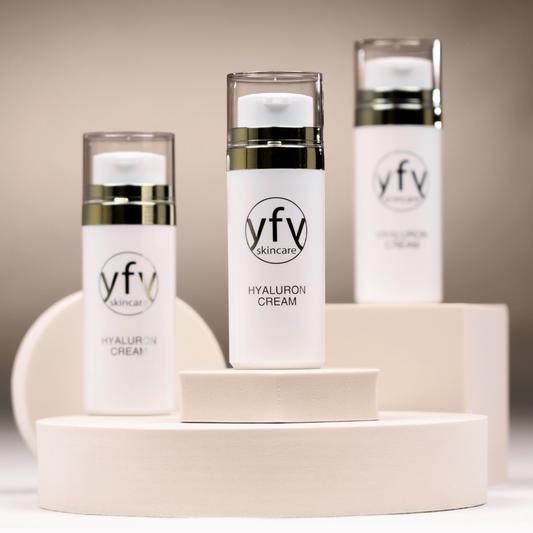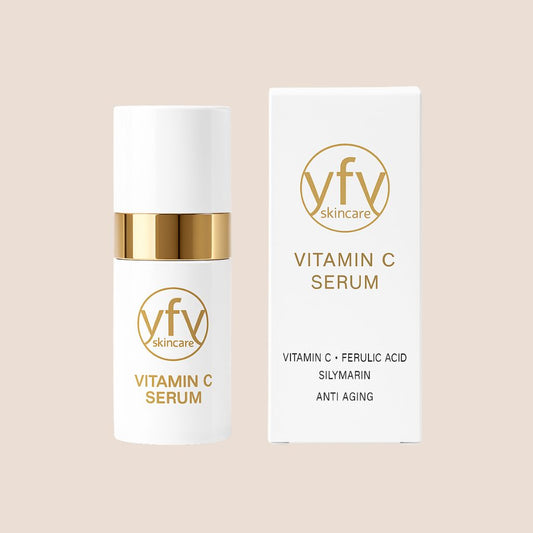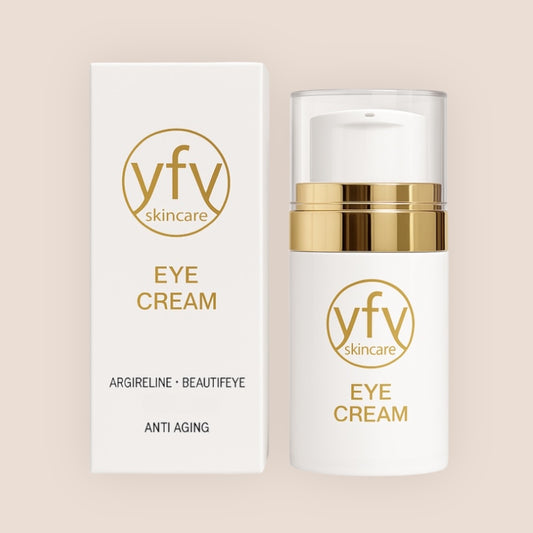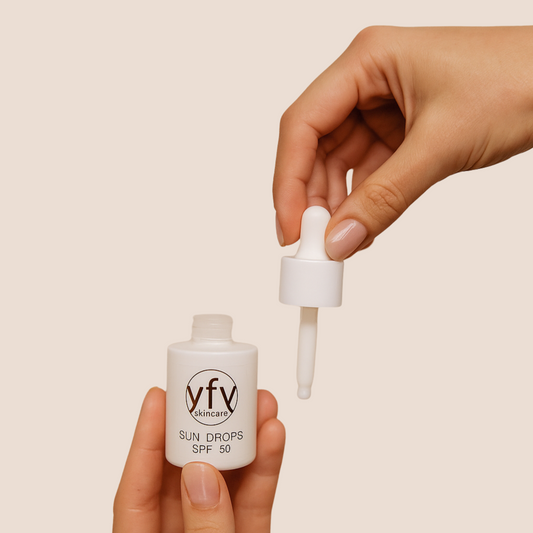
Do hyaluronic capsules really work? A look at the facts and studies
shares
Effect of hyaluronic capsules
Hyaluronic capsules are widely used in the beauty industry and are often promoted as a way to improve skin health. But how effective are these hyaluronic capsules really? In this article we examine the existing scientific evidence and also look at what the European Food Safety Authority (EFSA) has to say about it.
What are hyaluronic capsules?
Hyaluronic capsules contain hyaluronic acid, a substance that occurs naturally in the human body and plays an important role in skin moisture . In recent years, many manufacturers have begun marketing hyaluronic capsules as dietary supplements to hydrate skin and reduce the appearance of wrinkles.
The EFSA position on hyaluronic capsules
Until now It has not been proven that hyaluronic capsules have a direct effect on the skin. According to EFSA, it is also not permitted to advertise the effect of hyaluronic capsules on the skin. The agency has established clear guidelines and rules governing claims about the effects of dietary supplements, and hyaluronic capsules do not fall into the category of approved substances.
The Japanese Study
However, there is a study from Japan that may show some positive effect of hyaluronic acid on skin moisture. An excerpt from this study reads: "Clinical studies from Japan with 120 mg and 240 mg of hyaluronic acid per day show that regular and long-term intake of hyaluronic acid can increase skin moisture, improve dry and rough skin. Wrinkle depth decreases, wrinkles But that doesn't mean they disappear."
It is important to emphasize that these studies were not conducted with nutritional supplements, but with Dietary Supplements (roughly comparable to our foods for special medical purposes - "for the dietary management of various diseases"). Therefore, transferring these results to hyaluronic capsules as dietary supplements may not be directly possible.
Hyaluronic acid: An important component in the body
Hyaluronic acid is not only an indispensable molecule for the human body, but also a mysterious substance. The question of whether hyaluronic acid can be absorbed through food has not yet been finally answered. It is produced naturally in the body and is therefore not considered an essential nutrient.
Some research has shown that foods such as mackerel, sea bream, beef, pork and chicken cartilage and broths made from them contain hyaluronic acid. Interestingly, hyaluronic acid is also found in plant foods such as potatoes, sweet potatoes, various leafy vegetables and nuts such as almonds and cashews, as well as soy products such as tofu.
Despite these findings, the actual benefit of consuming hyaluronic acid through food versus taking hyaluronic acid capsules is still unclear. Cosmetic manufacturers often make reference to these dietary sources, but without scientific evidence to support their claims.
Thus, the role of hyaluronic acid in food remains an interesting but not fully understood topic. It is undeniably important for skin health and other bodily functions, but whether hyaluronic capsules or foods are more effective in meeting the need is a question that requires further research.
Hyaluronic creams vs. hyaluronic capsules: Which is more effective?
While hyaluronic capsules are still a topic of debate and research, the effectiveness of hyaluronic creams in skin care has already been established. In contrast to capsules, the effects of hyaluronic creams have been proven in various scientific studies.
In our last blog post , we examined the effects of hyaluronic creams in depth and found that these creams can be applied directly to the skin to increase moisture and reduce the appearance of fine lines and wrinkles.
The studies suggest that hyaluronic creams are not only effective but also safe, and their use may represent a compelling alternative or complement to taking hyaluronic capsules.
In conclusion, although research into hyaluronic capsules is ongoing, hyaluronic creams are a proven option for those looking to improve their skin care routine.



